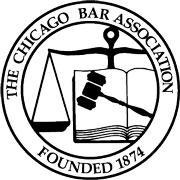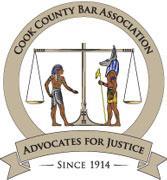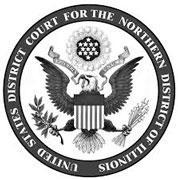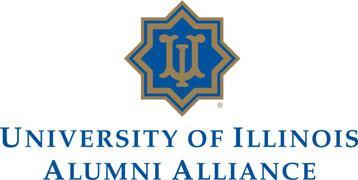Can I Pursue Compensation for Injuries in a Public Transit Accident?
 Chicago is the third largest city in the United States, and the latest census information puts its population at approximately 9.5 million people. The Chicago metropolitan area includes the city and its surrounding suburbs, and there are many public transit options for residents as well as tourists. Traffic in Chicago is known to be heavy, especially on weekdays during rush hour. That is why many city dwellers and suburbanites use mass transit to get to and from work. From Chicago Transit Authority (CTA) and Pace buses to “the L” (elevated trains), Metra trains, and water taxis, there are many ways to get all over the city without driving a vehicle. However, as with other forms of transportation, there is the potential for injuries in the event of a mass transit accident.
Chicago is the third largest city in the United States, and the latest census information puts its population at approximately 9.5 million people. The Chicago metropolitan area includes the city and its surrounding suburbs, and there are many public transit options for residents as well as tourists. Traffic in Chicago is known to be heavy, especially on weekdays during rush hour. That is why many city dwellers and suburbanites use mass transit to get to and from work. From Chicago Transit Authority (CTA) and Pace buses to “the L” (elevated trains), Metra trains, and water taxis, there are many ways to get all over the city without driving a vehicle. However, as with other forms of transportation, there is the potential for injuries in the event of a mass transit accident.
Common Types of Injuries
Due to the immense size and weight of buses, trains, or ferries, being involved in a collision with them can have devastating consequences. These modes of transportation do not typically have seat belts for passengers, so people are less protected than they would be in other vehicles. In the event of a collision, the occupants can be ejected from the bus, train, or boat. An explosion and subsequent fire can also break out after trains hit each other head-on. In addition, if a pedestrian or bystander is struck by a train or bus, he or she can suffer debilitating or even fatal injuries depending on the speed at which the transit vehicle was traveling.
A few of the injuries most often sustained in a public transit accident include:
-
Broken/fractured bones
-
Traumatic brain injury (TBI)
-
Back/neck damage (whiplash)
-
Third-degree burns
-
Internal bleeding
-
Loss of limbs
-
Post-traumatic stress disorder (PTSD)
Seeking Damages for Negligence
In many cases, actions by the driver of a train or bus may cause a crash that results in injuries to passengers or drivers of other vehicles. These accidents may occur because of negligence by the transit company or due to operator error. These dangerous actions can include any of the following:
-
Inadequate training
-
Distracted driving
-
Driving under the influence (DUI) of drugs or alcohol
-
Failure to obey traffic signals or laws
-
Improper maintenance
-
Faulty equipment
In some situations, the transit company may disregard mechanical problems or ignore routine maintenance checks. Defective or damaged parts on a public transit vehicle can lead to a malfunction such as brake or steering failure. Under these conditions, the driver can lose control, which could lead to a bus colliding with an automobile or a boat hitting a dock or other barrier. In other cases, poorly maintained tracks can cause a train to derail. It is important for anyone who is hurt in a mass transit crash to consult a knowledgeable attorney to learn his or her options for filing a personal injury claim.
Contact a Hyde Park Personal Injury Lawyer
Public transportation can be a convenient way of getting around a big city like Chicago. However, riders can be seriously hurt if a bus, train, or boat is involved in an accident. If you or your loved one was injured as a result of a mass transit crash, you may be able to seek compensation for your damages. At Kadzai Law Group, LLC, we have more than 10 years of experience handling personal injury cases. Our diligent Chicago public transit accident attorneys understand the complexities of pursuing compensation in these types of collisions. To schedule your free consultation, call our office today at 312-229-0050.
Sources:
http://www.ilga.gov/legislation/ilcs/ilcs4.asp?ActID=2017&SeqStart=22050000&SeqEnd=22150000
http://www.ilga.gov/legislation/publicacts/fulltext.asp?Name=098-0548














